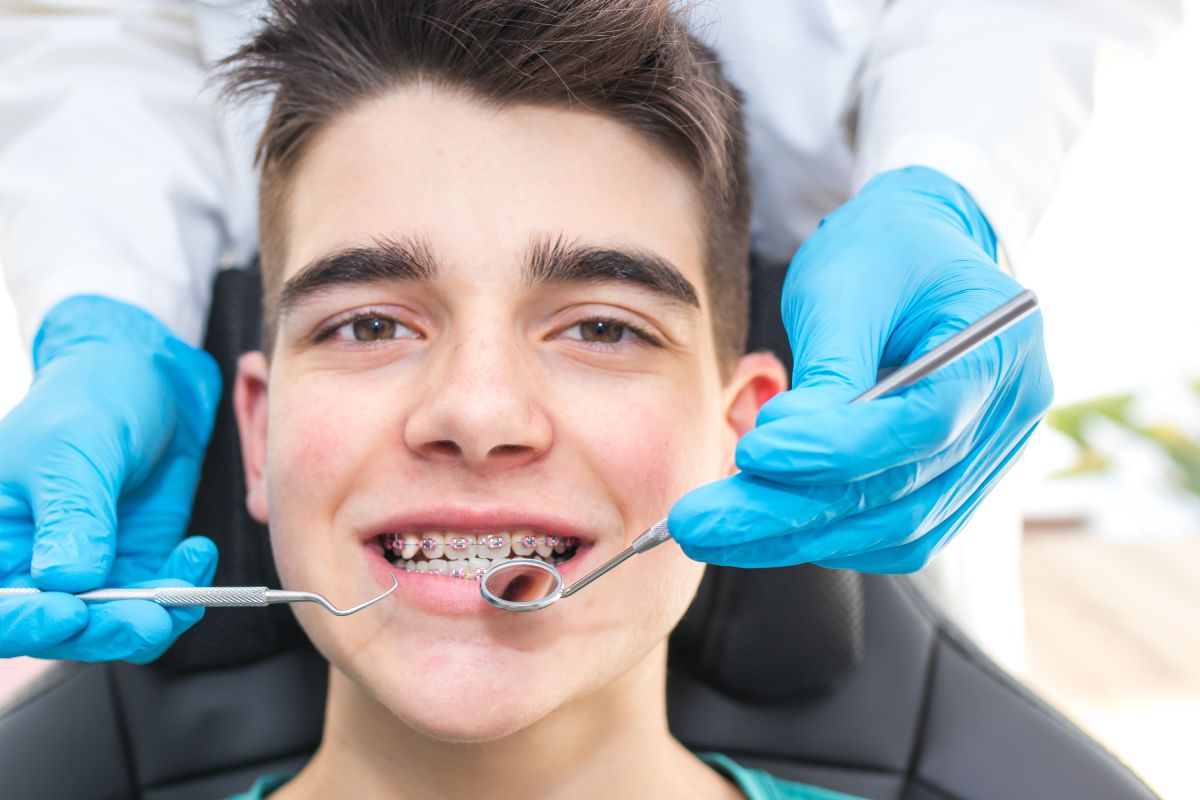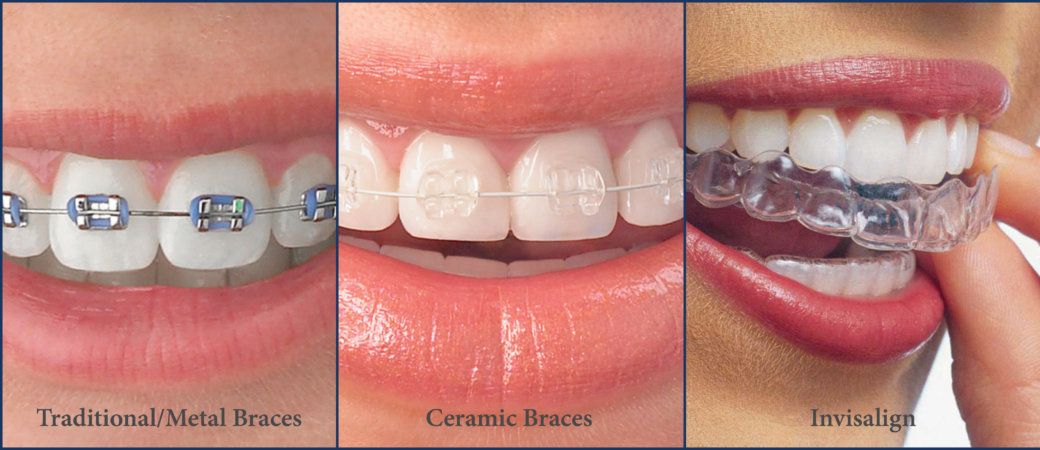Some Known Details About Causey Orthodontics
Some Known Details About Causey Orthodontics
Blog Article
Causey Orthodontics Fundamentals Explained
Table of Contents10 Simple Techniques For Causey OrthodonticsThings about Causey OrthodonticsThe smart Trick of Causey Orthodontics That Nobody is DiscussingThe Only Guide for Causey OrthodonticsThe 25-Second Trick For Causey OrthodonticsCausey Orthodontics - An OverviewThe 2-Minute Rule for Causey Orthodontics
What is the difference in between a dentist and an orthodontist? To address a question that is commonly asked, both dentists and orthodontists aid clients get much better oral health, albeit in different ways. It assists to remember that dentistry is a rather wide scientific research with various medical specializations. All dental practitioners, consisting of orthodontists, deal with the teeth, gum tissues, jaw and nerves.
Orthodontists and dental experts both offer oral care for people. Orthodontists can function in a dental office and supply the very same treatments as other dental professionals. You can assume of both physicians that deal with periodontal and teeth problems. The primary distinction is that ending up being an orthodontist calls for a certain specialty in treating the imbalance of the teeth and jaw.
The smart Trick of Causey Orthodontics That Nobody is Discussing
An orthodontist is a dental professional that has actually undergone training to specialize in the diagnosis, prevention and therapy of irregularities in the jaw and teeth. Their training includes fixing these existing problems. They can likewise recognize prospective issues in teeth alignment that might develop when problems are left untreated. Orthodontists can help people of all ages.
This includes all the necessary education and learning to come to be a general dentist. According to the American Student Dental Association (ASDA), it indicates you will need to have either a Physician of Medication in Dentistry (DMD) or a Physician of Dental Surgical Treatment (DDS). To put it simply, orthodontists need to finish dental college and then obtain an orthodontics specialized education.
Some orthodontists also obtain their masters in craniofacial biology. These programs concentrate on two certain locations or self-controls: Dentofacial Orthopedics: This research study focuses on guiding teeth and jaw development.
Not known Facts About Causey Orthodontics

 The general objective of an orthodontist is to improve a patient's bite. Not everyone is birthed with straight teeth, and an orthodontist will make certain that patients obtain uniformly spaced straight teeth.
The general objective of an orthodontist is to improve a patient's bite. Not everyone is birthed with straight teeth, and an orthodontist will make certain that patients obtain uniformly spaced straight teeth.
All about Causey Orthodontics
The American Organization of Orthodontists recommends your first check up by age 7. You'll require to see your orthodontist if you have a misalignment in your teeth, likewise understood as malocclusion. Likewise, if you see irregular bite patterns, a slightly askew jaw, or when your teeth are overcrowded, you will likely need orthodontic therapy.
At Advanced Orthodontics, we give people with a all natural treatment experience. Furthermore, we use flexible treatment timetables, flexible payment options and an enjoyable, satisfying experience. Phone call ( 480) 357-4900 today for more info and timetable a visit.
An orthodontist is a dental expert trained to diagnose, stop, and deal with teeth and jaw abnormalities. Orthodontists function with individuals of all ages, from kids to grownups (https://quicknote.io/f8bfca90-5096-11ef-868c-df1c809291ca).
The Ultimate Guide To Causey Orthodontics
Malocclusion, or misaligned teeth, can cause oral concerns, consisting of dental cavity, gum illness, and difficult or painful eating. Not everybody is born with straight teeth. If you have a bad bite or huge rooms in between your teeth, you may intend to seek advice from a dental professional concentrating on orthodontic care.
(Picture Credit Score: DigitalVision/Getty Images) Orthodontists make use of fixed and detachable dental devices, like dental braces, retainers, and bands, to transform the position of teeth in your mouth. Orthodontic treatment is for dental irregularities, consisting of: Jagged teethBite problems, like an overbite or an underbiteCrowded teeth or teeth that are also much apartJaw misalignmentThe goal of orthodontic therapy is to boost your bite.
Causey Orthodontics for Dummies

All orthodontists are dental professionals, however not all dental practitioners are orthodontists. Orthodontic residency programs provide extensive, concentrated instruction for oral specialists. They focus on two areas: Exactly how to properly and safely move teeth Exactly how to effectively guide advancement in the teeth, jaw, and faceOnce an orthodontist has actually finished training, they have the option to come to be board licensed.
Malocclusion leads to tooth overcrowding, an irregular jaw, or irregular bite patterns. Malocclusion is generally treated with: Your orthodontist attaches metal, ceramic, or plastic square bonds to your teeth.
Causey Orthodontics - Truths
If you have just minor malocclusion, you may be able to use clear dental braces, called aligners, rather than conventional braces. Some individuals require a headgear to assist relocate teeth right into line with pressure from outside the mouth. After dental braces or aligners, you'll need to use a retainer. A retainer is a custom-made gadget that keeps your teeth in area.
Report this page